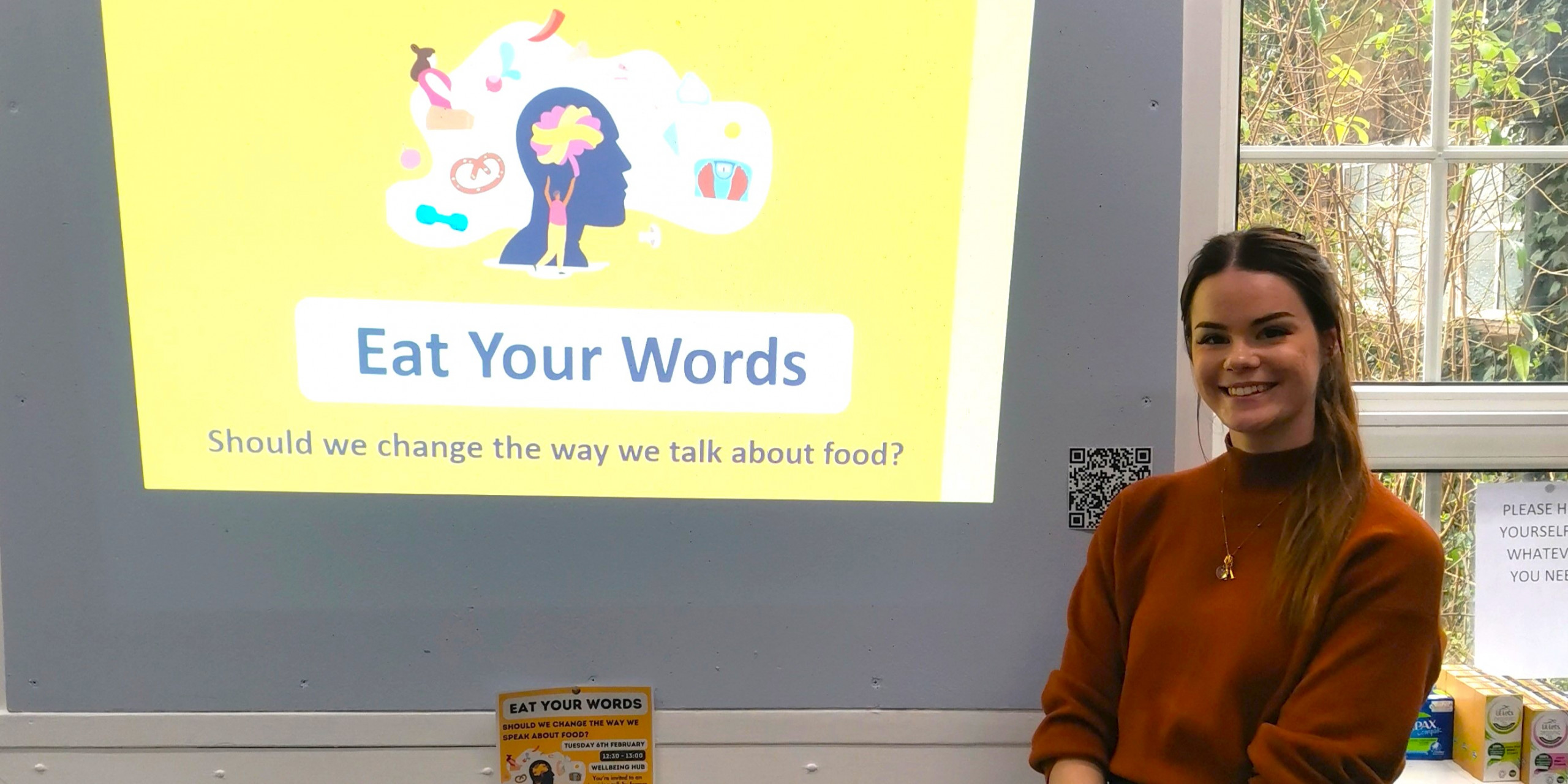Adelaide’s Story
I’m Adelaide, aged 23 and I have recovered from Anorexia Nervosa.
Where it started:
I had suffered from mental health problems from a young age. What started out as mild anxiety, quickly developed into panic attacks and severe depression. Throughout school, I hated myself. I wished every day that I could disappear. I felt hopeless, as if there was nothing for me in the world. Somehow, after finding my love for animals I pulled myself through school and studied animal management at college, I later went on to university to study veterinary physiotherapy. I still struggled with my mental health, but ultimately, it was manageable. Then COVID came. Like all students across the country, my lessons were online, and I was confined to a tiny room in halls of residence. My mental health dropped and suddenly I was back to being 14 and not wanting to exist anymore. Every night I went to bed hoping to not wake up the next morning. Somewhere in the midst of this I came across some lockdown workouts. I thought perhaps if I lost some weight I might feel better about the situation. Before I knew it I was restricting food and over exercising, I wanted to shrink and disappear, and I became truly stuck within the anorexic thoughts and behaviours. Things went downhill fast, and I soon became unwell. I was admitted to the local eating disorder services and began treatment.
Recovery:
For me, anorexia had always been about so much more than the food and weight. It was about low self-esteem, suicidal thoughts, self-harm, and severe anxiety. My mental health had been bad for so long that recovery to me meant recovery from everything, not just the eating disorder. Anorexia brought me nothing good, in fact it only served at worsening my other mental health problems. I wanted a life without it all. So, I chose recovery.
I knew that the only way out of it was through… so I set some recovery rules:
- 1
Eat it to beat it! – by far easier said than done but, equally one of the most important parts of initial recovery to health.
- 2
Find the good in everyday – so that I could start to flip my negative mindset.
- 3
Be kind to others – Something we never do enough of, especially when consumed by an eating disorder.
- 4
Practice self-love – My body was changing, I had to find a way to love it.
- 5
If it scares you, do it! – Anxiety was a massive issue for me, therefore if something felt scary, I knew I had to do it. If it doesn’t challenge you, it won’t change you.
- 6
Stay connected – with family, friends, teachers, and hospital staff. Mental health conditions love to be isolated, don’t let them win.
- 7
Practice gratitude – To help me disconnect with the negative thinking patterns.
–
My rules were never followed perfectly, the process was far from linear, and recovery was one of the toughest things I have ever had to go through. But to stand on the other side of it is such a good feeling. Because you know, if you can recover from all that, you can do anything.
I went on the achieve a first-class degree at university and I now own my own physio business and work as a college lecturer in animal care, helping young people to achieve their goals within the animal industry. I have also given voluntary talks on eating disorders and discussion around food at universities and colleges.
In Short:
After recovery, the world became brighter and a future for myself seemed possible. Recovering from not only anorexia but also depression and anxiety brought about opportunities that I never thought I could have. Suddenly, the preoccupation with food and weight was gone, and I could focus on what really mattered to me. Living with mental health conditions is debilitating, but recovery is possible. Fight for your life and fight hard because your life is worth a million times more than the disorder!



